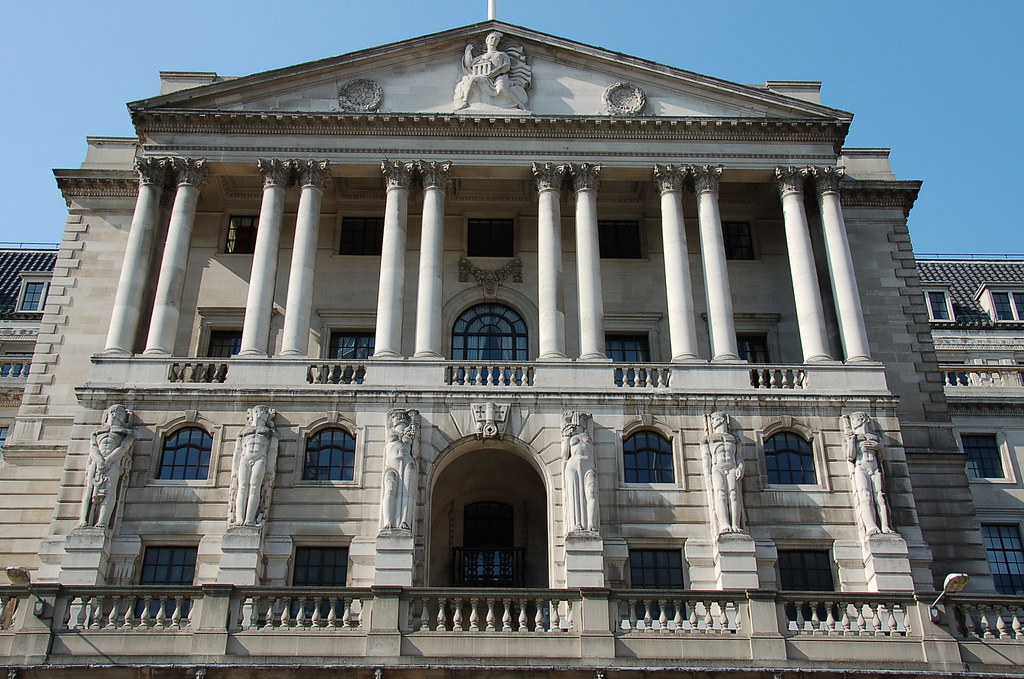The Bank of England decided to maintain its main interest rate at 4.75% on Thursday. However, policymakers showed increasing division over the necessity of rate cuts to address a sluggish economy.
Three members of the BoE’s nine-person Monetary Policy Committee voted in favor of a quarter-point rate reduction. Deputy Governor Dave Ramsden and external members Swati Dhingra and Alan Taylor supported lowering the rate to 4.5%.
Economists surveyed by Reuters had anticipated that only one member of the Monetary Policy Committee (MPC) would advocate for a rate cut.
However, Bank of England (BoE) Governor Andrew Bailey stated that the central bank should maintain its current “gradual approach” to reducing rates.
He explained that due to the heightened uncertainty in the economy, the BoE cannot commit to when or by how much it will lower rates in the upcoming year.

Last week, economists polled by Reuters predicted that the BoE would implement four rate cuts next year. However, financial markets have significantly reduced their expectations in light of faster-than-expected wage growth and now foresee only up to two cuts.
The Bank of England (BoE) has been more reluctant to reduce interest rates compared to the U.S. Federal Reserve or the European Central Bank. This year, it has lowered rates by only half a percentage point.
On Wednesday, official figures showed that British consumer price inflation reached 2.6% in November. This rate is the highest among the Group of Seven wealthy economies, albeit by a small margin. It is also slightly higher than what the BoE had projected last month.
The BoE stated, “Headline inflation is expected to continue to rise slightly in the near term.”
The central bank has revised its growth forecast for the final quarter of this year, lowering it to zero from a previous estimate of 0.3% made just six weeks ago.
Official data released last week shows that Britain’s economy shrank in both September and October, marking the first consecutive monthly declines in output since 2020. Business sentiment has significantly declined since finance minister Rachel Reeves announced a £25 billion tax increase for employers in her budget on October 30.
Members of the MPC who supported keeping rates unchanged noted that it is still “particularly uncertain” whether increased costs will result in higher consumer prices or cause job losses and slower wage growth.
They argued that recent developments strengthened the case for a gradual approach to reducing policy restrictiveness. They also avoided committing to any specific changes at a particular meeting.
The three MPC members who voted for a rate cut warned that a “very restrictive” policy stance could push inflation significantly below its 2% target in the medium term. They indicated that this approach could create an undue amount of spare capacity in the economy.
Click here for more news on Banking.

